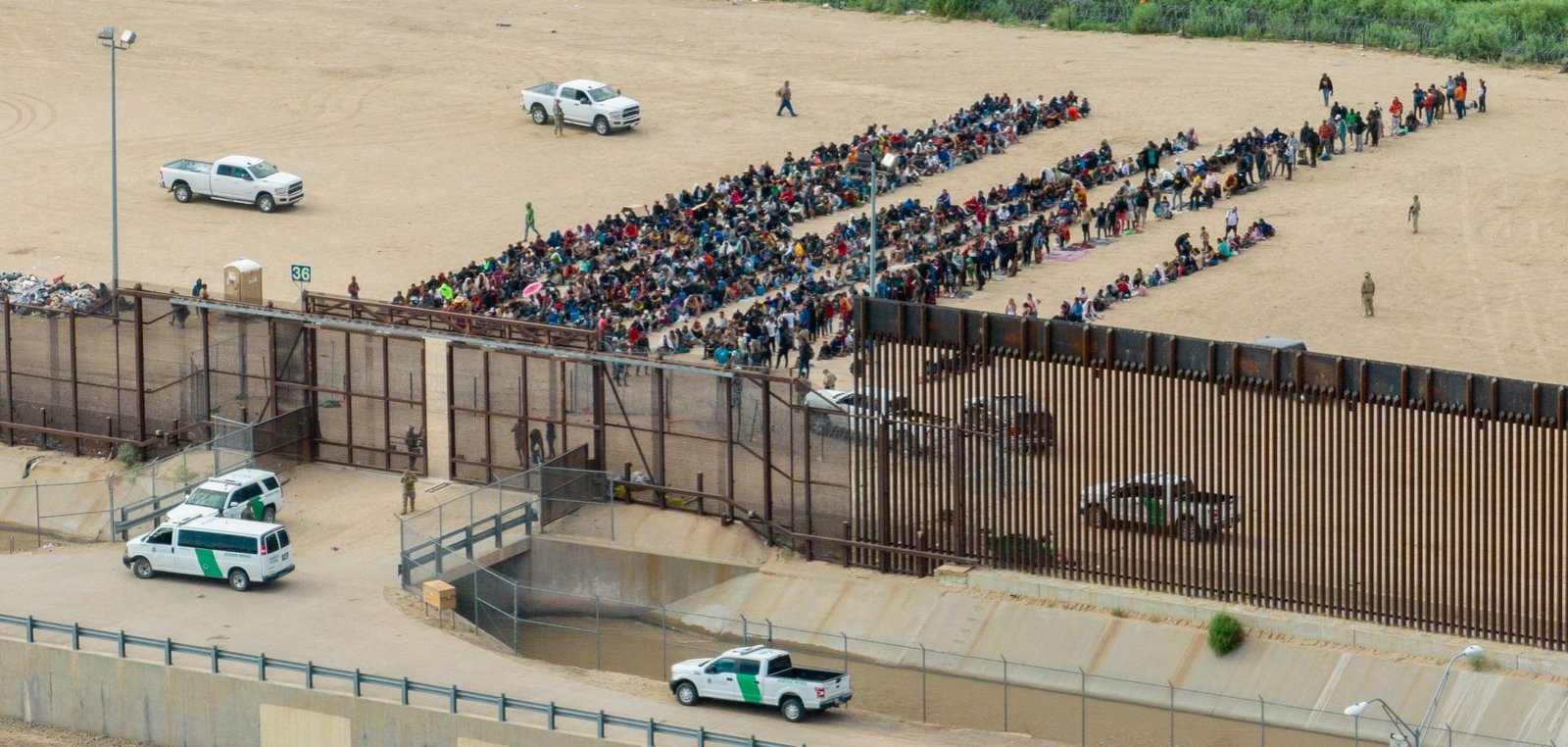Military Grounds Civil Costs

In a significant shift in US immigration enforcement, the federal government has initiated criminal prosecutions against migrants accused of unlawfully entering a newly established military zone along the US-Mexico border. Approximately 28 individuals have been charged with violating security regulations by breaching the designated area, now known as the New Mexico National Defense Area. This development marks a departure from traditional immigration procedures, introducing more severe penalties for unauthorized entry into the country.
The New Mexico National Defense Area was established on April 18, 2025, following an executive order that transferred 109,651 acres of federal land from the Department of the Interior to the Department of Defense. This land, adjacent to the border, has been integrated into the jurisdiction of Fort Huachuca, effectively transforming it into a military zone. The designation allows for the enforcement of security regulations typically reserved for military installations, thereby subjecting unauthorized entrants to potential fines of up to $100,000 or imprisonment for up to one year.
Defense Secretary Pete Hegseth has emphasized the strategic importance of this area, describing it as a critical line of defense against unauthorized migration. He has stated that individuals entering the zone without authorization are trespassing on federal military property and will be subject to detention by US troops and border patrol agents operating in coordination. This approach reflects a broader policy shift towards the militarization of border enforcement, aiming to deter irregular migration through heightened security measures.
The implementation of the military zone has raised concerns among civil liberties organizations and immigration advocates. Critics argue that the use of military authority in immigration enforcement blurs the lines between civilian and military jurisdictions, potentially infringing upon constitutional protections. There is apprehension that such measures may set a precedent for the expanded use of military power in domestic law enforcement contexts, particularly in matters traditionally handled by civilian agencies.
The establishment of the New Mexico National Defense Area and the subsequent prosecutions are part of a series of actions undertaken by the Trump administration to intensify immigration control. These measures include increasing the deployment of military personnel to the border, enhancing surveillance capabilities, and constructing additional infrastructure to prevent unauthorized crossings. The administration’s approach underscores a commitment to stringent border security, prioritizing deterrence and enforcement over humanitarian considerations.
While the administration asserts that these actions are necessary to uphold national security and the rule of law, opponents contend that they may undermine the rights of asylum seekers and migrants seeking refuge. International and domestic laws provide protections for individuals fleeing persecution, and there is concern that the militarized response may impede access to asylum procedures. The balance between securing borders and honoring legal obligations to protect vulnerable populations remains a contentious issue in the ongoing debate over immigration policy.
As the situation evolves, the legal and ethical implications of prosecuting migrants for entering a military zone will likely be subject to scrutiny. The outcomes of these cases may influence future policy decisions and set precedents for the treatment of migrants at the border. The intersection of national security, immigration enforcement, and human rights continues to be a complex and polarizing aspect of US governance.











